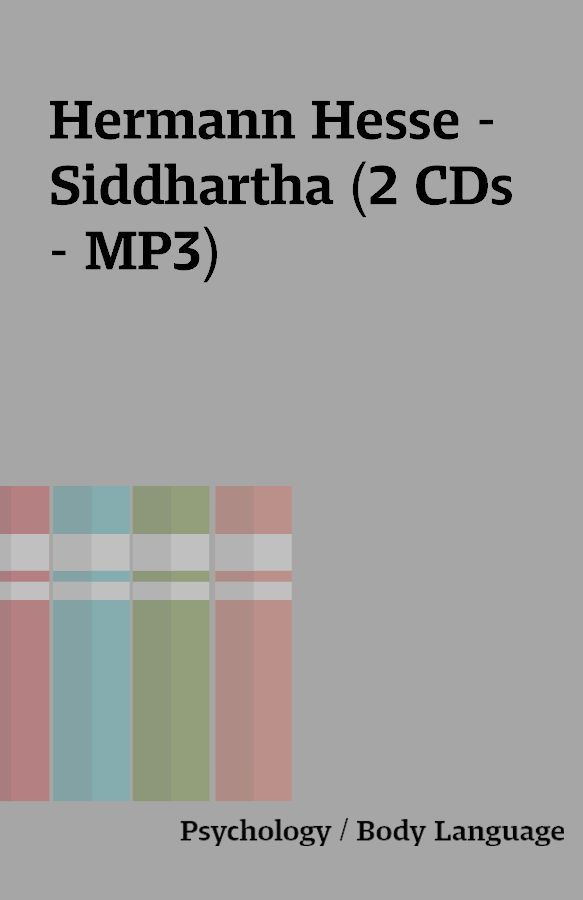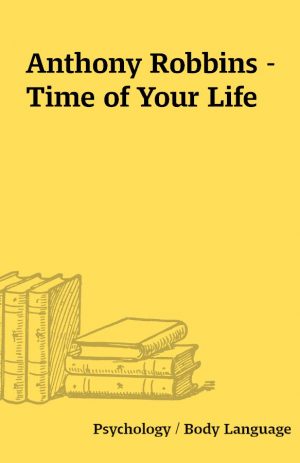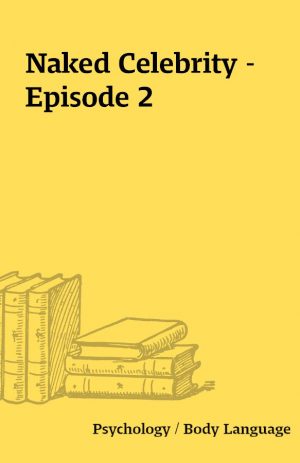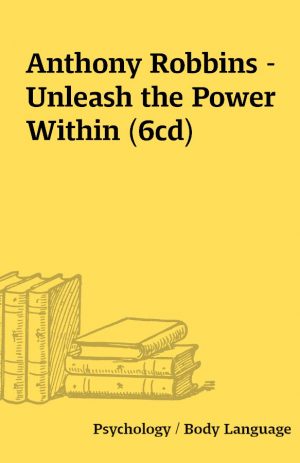Hermann Hesse – Siddhartha (2 CDs – MP3)
Hermann Hesse – Siddharta
Description
Siddhartha is that most unusual of all stories — one that follows a character throughout most of his life . . . and describes that life in terms of a spiritual journey. For those who are ready to think about what their spiritual journey can be, Siddhartha will be a revelation. For those who are not yet looking for “enlightenment,” the book will seem pecular, odd, and out-of-joint. That’s because Hesse was presenting a mystery story, also, for each reader to solve for herself or himself. The mystery is simply to unravel the meaning of life.As the son of a Brahmin, Siddhartha would naturally have enjoyed access to all of the finest lessons and things of life. Knowing of his natural superiority in many ways, he becomes disenchanted with teachers and his companions. In a burst of independence, he insists on being allowed to leave home to become a wandering Shramana (or Samana, depending on which translation you read). After three years or so, he tires of this as well. Near the end of that part of his life, Siddharta meets Gotama, the Buddha, and admires him greatly. But Siddharta continues to feel that teachers cannot convey the wisdom of what they know. Words are too fragile a vessel for that purpose. He sees a beautiful courtesan and asks her to teach him about love. Thus, Siddhartha begins his third quest for meaning by embracing the ordinary life that most people experience. Eventually, disgusted by this (and he does behave disgustingly), he tires of life. Then, he suddenly reconnects with the Universe, and decides to become a ferryman and learn from the river. In this fourth stage of his life, he comes to develop the wisdom to match the knowledge that direct experiences of the “good” and the “sensual” life have provided to him.Few will find Siddhartha to be an attractive character until near the end of the book. Hesse is trying to portray his path towards balance and understanding by emphasizing Siddhartha’s weaknesses and errors. But, these are mostly errors that all people fall into. Hesse wants us to see that we make too much of any given moment or event. The “all” in a timeless sense is what we should seek for.There is a wonderful description of what a rock is near the end of the book that is well worth reading, even if you get nothing out of the rest of the story. The “mystery” of what Gotima experiences when he kisses Siddhartha’s forehead will provide many interesting questions for each reader to consider.I recommend that you both listen to this book on tape and read it. Hesse’s approach to learning is for us to observe and feel. You will do more of that while listening than by simply reading. I was able to find an unabridged audio tape in our library for my listening. I encourage you to go with an unabridged tape as well. You will get more out of Siddhartha that way. I read the Hilda Rosner translation, and liked it very much.After you finish listening to and reading the book, I suggest that you think about what you have not yet experienced that would help you get a better sense of life. If you have tried to be a secular person, you could try being a spiritual one. If you have focused on being a parent, you could focus on being a sibling. If you have focused on making money, you could pay attention to giving away your time. And so on. But in each case, give yourself more opportunities to experience and learn from nature. That is Hesse’s real message here.Enjoy!
You must be logged in to post a review.






Reviews
There are no reviews yet.